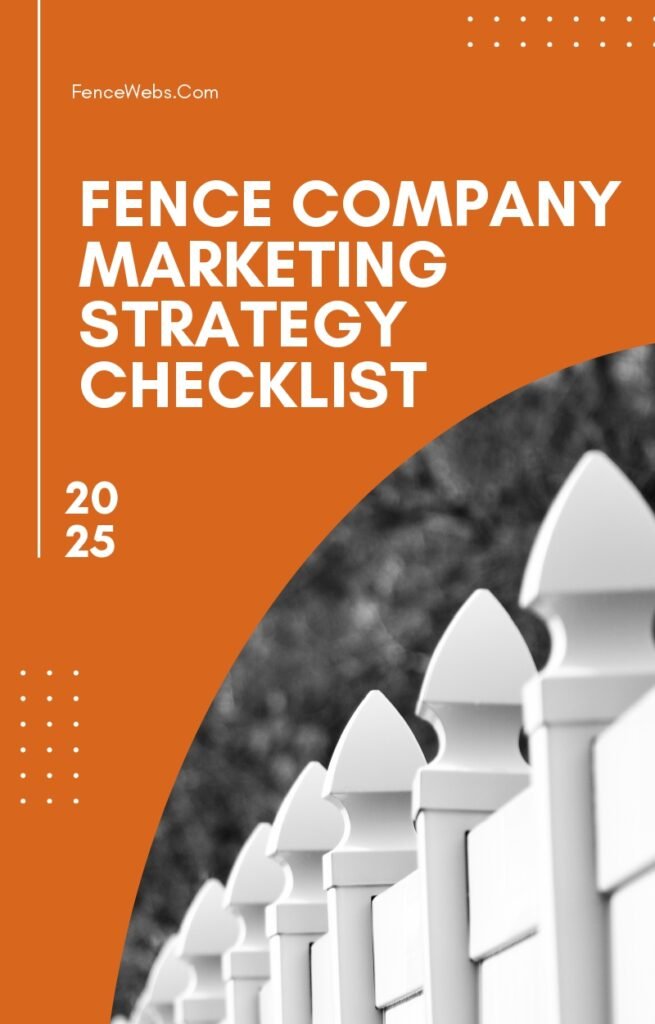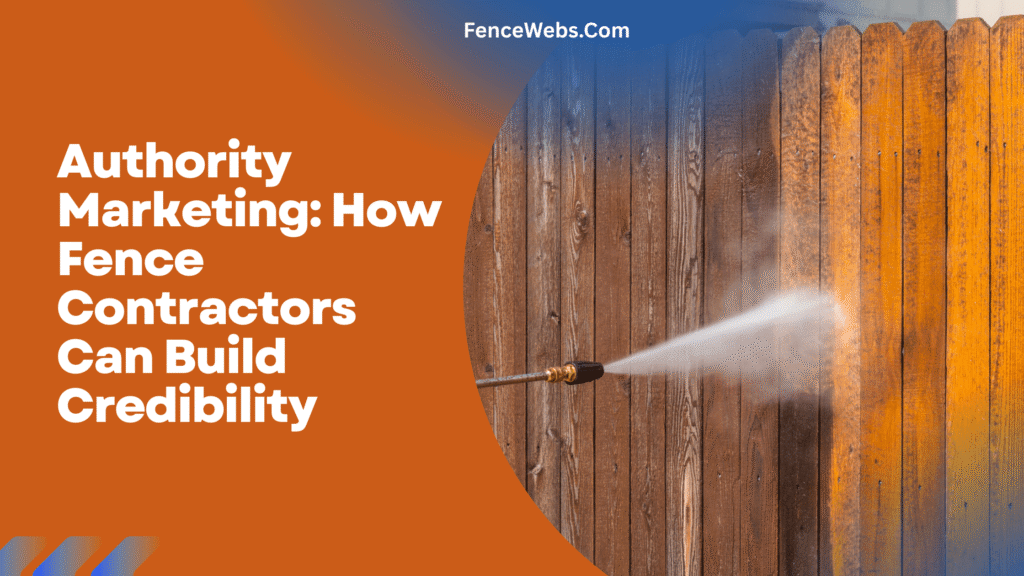If you’re running a fence company, chances are you’ve been pitched by someone promising to “rank you #1 on Google.” It sounds great. But it’s often a trap.
There are good SEO folks out there. And then there are the ones who take your money, do almost nothing, and leave you worse off than before.
Let’s walk through the most common SEO scams and how to spot them.
1. “Guaranteed” Page One Rankings

Some companies say they’ll get you to page one. No ifs or buts.
But here’s the catch: they often go after keywords no one’s searching for. Sure, you might rank #1 for “best fence painting tips in Austin for small yards in 2020” but that won’t bring in leads.
Google rankings depend on many things: competition, search volume, location, and the quality of your site. No one can promise top results without knowing the full picture.
What to look for instead:
- Real keyword research with search volumes
- Clear plan based on your business goals
- Regular reporting showing what’s working
2. Super Cheap Monthly SEO Packages
If someone’s offering SEO for $99/month, be careful.
Good SEO takes time, tools, and people. It involves writing content, fixing your site, building links, and tracking results. That costs more than a fast food combo meal.
These cheap deals often use shady tactics or just send automated reports that look nice but mean nothing.
Better questions to ask:
- What are you actually doing each month?
- Can you show results for other fence businesses?
- Do I keep my website and content if I cancel?
3. Link-Buying Schemes
Links help you rank. That’s true. But how you get them matters.
Some SEO companies buy hundreds of spammy links from random blogs, fake news sites, or directories no one uses. Google is smart enough to catch this, and it can hurt your site.
We’ve seen fence businesses get penalized for this. Once that happens, it’s hard to climb back.
Signs to watch for:
- Promises of “thousands of links in 30 days”
- Links from foreign sites unrelated to fences or your area
- Sudden traffic drops with no clear reason
4. Fake Google Partner Claims

Some scammers say they’re “Google certified” or “official partners.” They show logos to seem legit.
Here’s the truth: Google doesn’t have a “certified SEO” badge. They do have ads certifications, but that’s different.
Using the Google logo without permission also breaks Google’s rules.
What you can do:
- Ask for their company’s actual Google Ads partner profile
- Search their name in Google’s partner directory
- If they’re not there, they’re not a real partner
5. Holding Your Website Hostage
This one’s tricky. A company builds your site, does your SEO, but keeps control of everything.
If you stop paying, they take the site down. Or they say you can’t have your content. You’re stuck.
To avoid this:
- Make sure your name is on the domain and hosting
- Ask for full access to your website and data
- Have clear terms in writing before work starts
6. Overloaded Reports That Don’t Say Much
Getting a 20 page PDF every month doesn’t mean you’re getting results.
Some SEO companies use tools that spit out fancy charts. But they don’t explain what changed or why it matters.
If your traffic went up 2%, is that good? If rankings dropped, what are they doing about it?
A good report should:
- Show traffic, leads, and keyword growth
- Compare this month to last month
- Tell you what’s working and what’s next
7. Ignoring Local SEO
If you’re a fence contractor, your leads come from your town or nearby areas. SEO must reflect that.
Some companies treat you like a national brand, chasing general keywords that don’t help your bottom line.
What local SEO should cover:
- Google Business Profile setup and updates
- Local backlinks from nearby websites
- City specific pages with real info
8. Using AI Generated Content Without Editing
Lately, some SEO companies use AI to write blog posts and don’t even check them. That’s lazy and risky.
Google wants helpful content made by people, not bots. And your customers can tell when something feels off.

What to ask:
- Who writes your content?
- Is it edited and reviewed by a human?
- Does it speak like a real fence contractor would?
9. One Size Fits All Strategies
Every fence company is different. Some focus on privacy fences. Others do ironwork or commercial jobs. SEO should match that.
But some agencies use the same plan for everyone. Same keywords. Same pages. Same blogs. That doesn’t work.
What to look for:
- Custom keyword lists
- Pages tailored to your services and service areas
- Blog topics based on real questions from your customers
10. Fear Based Selling
Some SEO salespeople use scare tactics. They’ll say things like:
“Google’s changing. You’ll disappear unless you act now.” “Your site is broken. We ran a scan.” “Your competitors are beating you.”
These are pressure tricks. Don’t fall for them.
How to respond:
- Ask for proof, not just claims
- Take your time to decide
- Get a second opinion if something feels off
Wrapping Up

Not all SEO is bad. And not all fence contractors need to become SEO experts.
But it helps to know what’s real and what’s not. A good SEO partner will teach you, not trick you. They’ll show results, not just reports.
If something feels fishy, it probably is.
At FenceWebs, we’ve worked with fence companies for 5 years. We know your business, your customers, and your goals.
Even if you don’t work with us, we want you to be safe out there.
SEO should grow your business, not drain your wallet.
Got questions? Want someone to review your SEO setup? Just reach out. No pressure, no hard sell.
We’re here to help, plain and simple.








